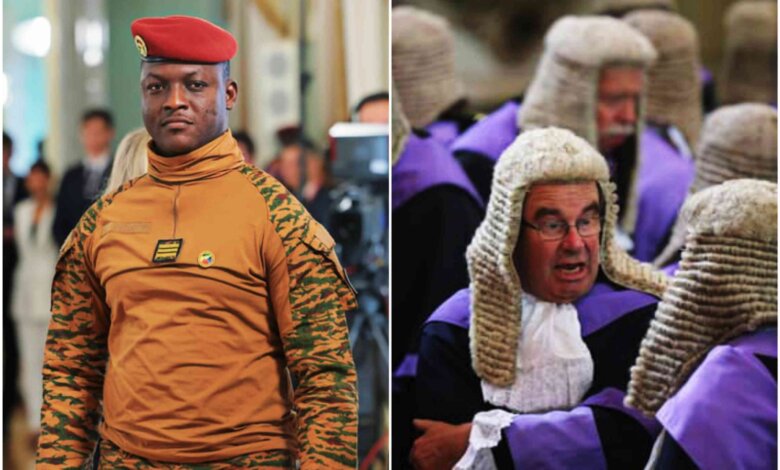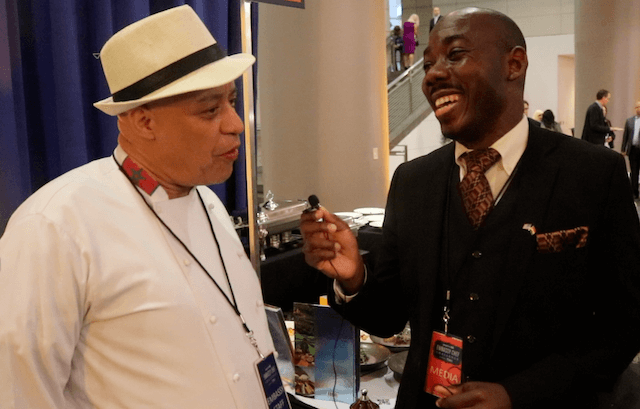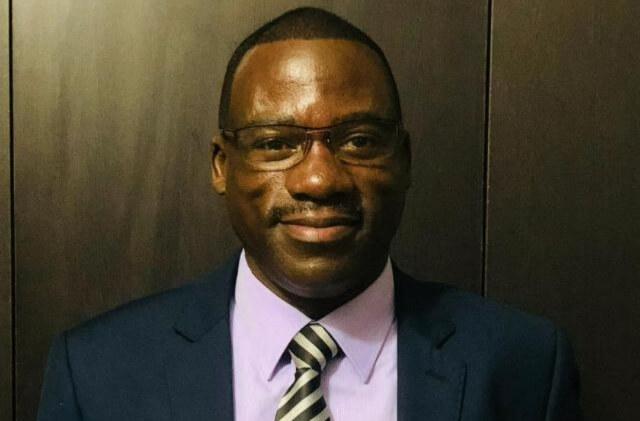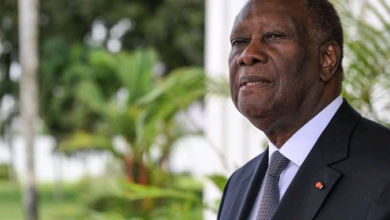
Burkina Faso’s leader, Ibrahim Traoré, has prohibited judges from wearing wigs reminiscent of British and French colonial styles, marking a pivotal step in the effort to decolonise the nation’s judicial system.
President Traoré emphasized in his announcement the need to abandon colonial traditions and embrace culturally authentic practices instead. This ban is part of his larger effort to foster a sense of national identity.
In African legal systems, wigs from the colonial era have always symbolized foreign domination. Burkina Faso, in line with other African countries, is now rejecting such relics in favour of regional customs.
Since Traoré came to power, Burkina has moved away from France, a former colonial power and historic partner. In January 2023, Burkina Faso’s military government formally announced the termination of its military agreement with France, requiring the withdrawal of approximately 400 French special forces personnel.
In December of the same year, the Burkinabè government also adopted a bill revising its constitution and enshrining national languages as official languages in place of French which was relegated to the rank of “working language.”
The report of the Council of Ministers specifies that this bill was part of the realization of one of the main missions of the transition, which consists of initiating political, administrative, and institutional reforms to strengthen the culture of democracy and consolidate the rule of law.
Other African countries are also taking steps to reevaluate their colonial influences and select institutions that are more relatable to their people—a move that is growing into a trend across the continent.

Abeeb Lekan Sodiq is the Managing Editor of theafricandream.net, a pan-African news website subsidiary of US-based TheAfricanDream LLC. He is also a Human Resource Practitioner, and a freelance Graphics Designer. He has worked with prominent personalities, including ambassadors, secretariats, international organisations, universities, celebrities, NGO, and media firms.




